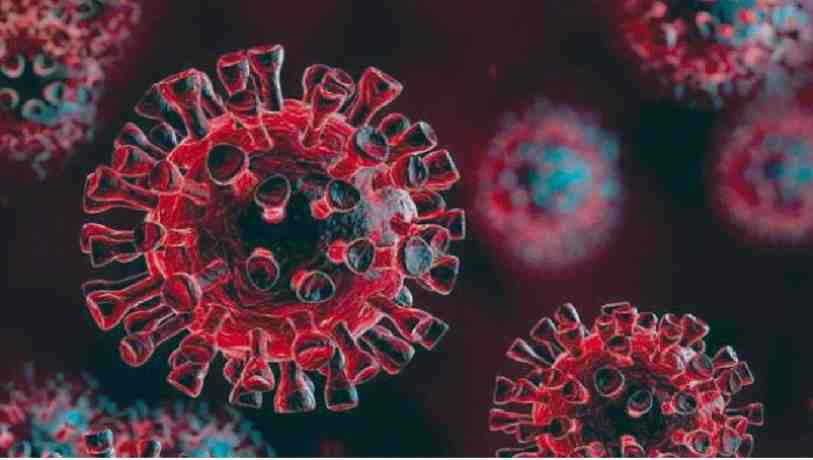Dhaka, Mar 20 — Noting that Covid-19 cases globally are on track to rise for a fourth week in a row, the World Health Organization (WHO) has said that both virus variants and vaccine inequity are responsible for the spike. After six weeks of decline in January and February, cases are now increasing in most regions of the world. Meanwhile, deaths are falling, though at a slower rate.
“These are worrying trends as we continue to see the impact of variants, opening up of societies, and inequitable vaccine rollout,” WHO chief Tedros Adhanom Ghebreyesus told reporters Friday at his regular briefing from Geneva.
More than 21.4 confirmed cases of Covid-19 have been recorded as of Friday, including some 2.6 million deaths.
Keep using AstraZeneca vaccine
WHO is also urging countries to continue using the Oxford-AstraZeneca vaccine.
The agency’s Global Advisory Committee on Vaccine Safety met this week to review data on the vaccine, after reports of blood clotting in some people who had received it.
The committee announced its conclusion on Friday that the available data do not suggest any overall increase in clotting conditions, such as deep venous thrombosis or pulmonary embolism, following administration of the vaccine.
With advice that largely echoed the crucial European Medicines Agency (EMA) report on Thursday, following the decision by many European countries to suspend the use of the AstraZeneca shots, the WHO vaccine safety committee said the jabs had “tremendous potential to prevent infections and reduce deaths”.
“Reported rates of thromboembolic events after Covid-19 vaccines are in line with the expected number of diagnoses of these conditions,” the committee said in its statement.
“Both conditions occur naturally and are not uncommon. They also occur as a result of Covid-19. The observed rates have been fewer than expected for such events.”
Tedros said the AstraZeneca vaccine is especially important because it accounts for more than 90 per cent of stocks being distributed through COVAX, the global vaccine equity initiative.
Mayors appeal for vaccine equity
During the WHO briefing, mayors from three major cities appealed for greater equity in the production and distribution of Covid-19 vaccines to protect people everywhere and end the pandemic.
“If you could prioritise the sharing of the surplus doses procured by rich countries, that will help us so that we can get more of the vaccine,” said Mohammed Adjei Sowah, Mayor of Ghana’s capital, Accra.
“The second recommendation also is that if you will accelerate the technology transfers of vaccines for other manufacturing countries also to take up, so that we can have more of the vaccines and then we will be able to reach herd immunity as quickly as possible.”
While acknowledging the “miracle” of developing the new vaccines within a year, Claudia Lopez, Mayor of Bogotá, Colombia, remarked “nonetheless, we see that right now there is a lack of global production capacity so that there is greater access”.
Speaking in Spanish, she stressed that countries and cities need to “have the knowledge”, for both the short and long term, “so that they can produce different types of vaccines, not only Covid vaccines.”
Although the pandemic’s toll on Freetown, Sierra Leone, which has recorded just over 2,200 cases and 80 deaths, might be less than on other cities, Mayor Yvonne Aki-Sawyerr said the economic impact has been significant.
“What we don’t want to see is greater inequality being driven by the inequality of a vaccine rollout,” she warned. “And this is really a possibility.” – UN News




